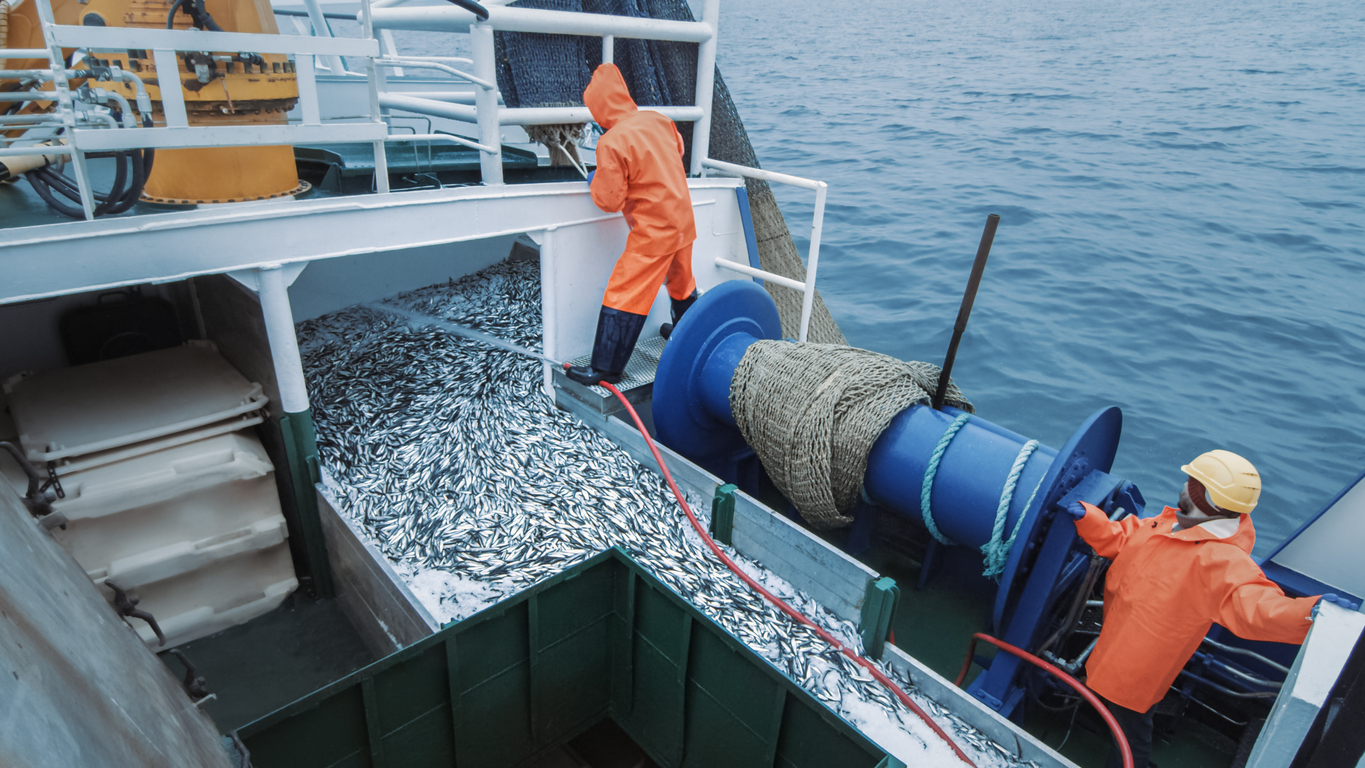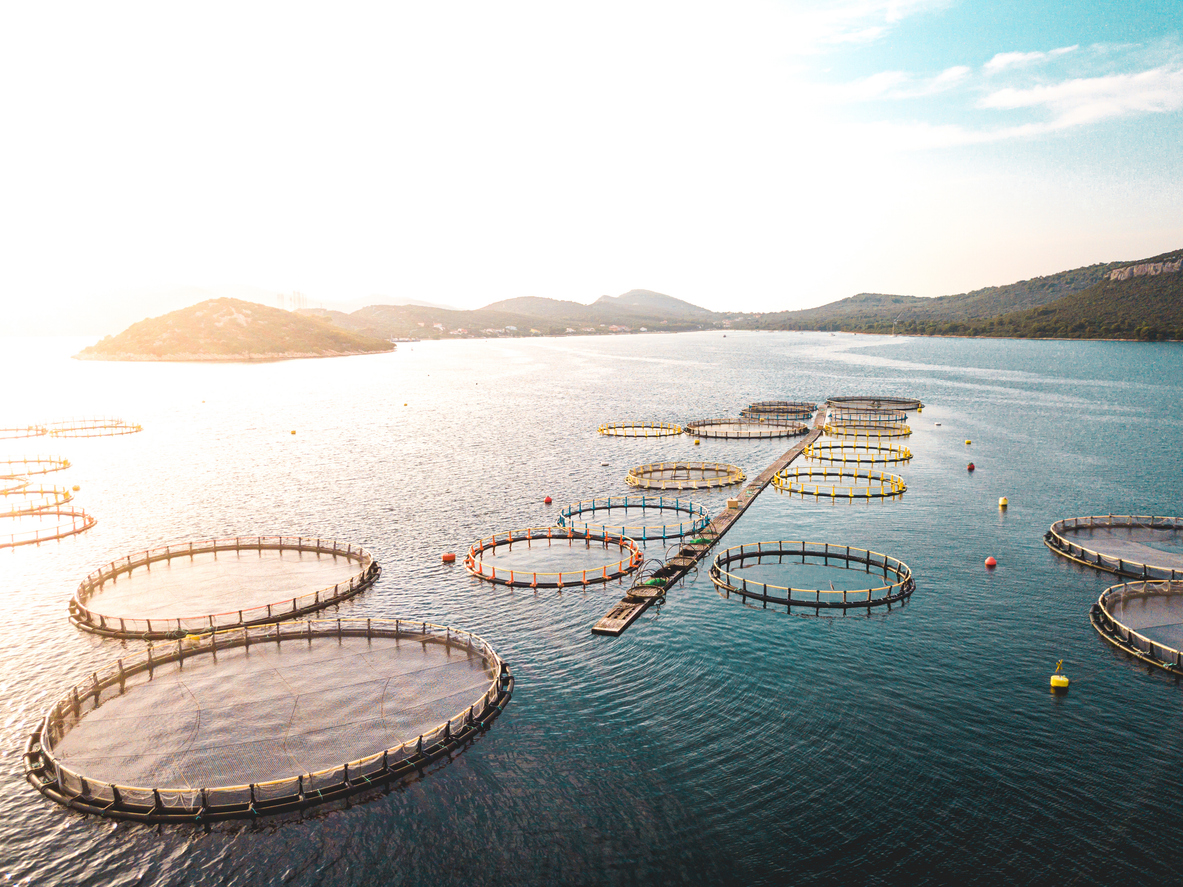Why it might be a good idea to consider a new management system in the aquaculture industry?

As a leader in the aquaculture industry, you already have systems in place to manage the many challenges you face - from strict regulations to complex operational processes. But as regulations tighten, new technologies are introduced, and economic conditions such as taxes and sustainability pressures create uncertainty, it's worth asking the question: Is your current management system keeping pace with developments?
Below we have listed why it can be valuable to consider a new or upgraded management system as a strategic tool for future success.
1. Is your current system adapted to the latest regulations?
As you already know, the regulations surrounding the aquaculture industry have become increasingly complex, especially when it comes to sustainability, fish welfare and environmental impact. Does your current system have the capacity to adapt quickly to these changes? Many legacy systems can be inefficient when it comes to monitoring new requirements or integrating more advanced technologies.
New management systems are designed to be flexible, with real-time regulatory updates and easy adaptations to new requirements. This can reduce the risk of non-compliance and ensure you stay ahead of regulatory changes.

2. Cost efficiency through modern solutions
Does your current system have the ability to identify new areas for cost reduction? i In 2024, there has been increased pressure from economic conditions, including the proposed resource rent tax. Your current system may provide some financial oversight, but newer management systems offer more powerful tools for financial analysis, risk analysis and cost optimization.
Newer systems integrate data from the entire value chain, from feed to slaughter, and identify potential savings that might go under the radar with an older system. This can be a decisive factor in keeping your business competitive, even with increased costs.
3. Strengthened sustainability focus
For example, new systems can offer better monitoring of carbon footprint and resource recycling, as well as more detailed documentation that can satisfy both authorities and investors. By having a system that provides deeper insight into sustainability performance, you can also improve your reputation and build stronger relationships with environmentally conscious partners.
4. Data-driven decision making - from reactive to proactive management
If you are still working with a system that only gives you a historical view of your operations, it may be time to consider a switch. A new system provides the ability to monitor critical factors in real time, reducing the risk of unforeseen events and allowing you to adjust strategies before problems arise.
5. Scalability for growth and change
Does your current system have the capacity to grow with your business? As the aquaculture industry evolves, scalability becomes essential. A management system that can't adapt to future growth needs can quickly become a bottleneck for your business. New systems are built with flexibility and scalability in mind, so they can adapt to both today's needs and tomorrow's challenges.
This can be particularly important if you're considering expanding production, moving to new technologies, or scaling up internationally. A new system will be better equipped to handle such changes without major cost increases or downtime.

Time to rethink?
As a leader in the aquaculture industry, you have a responsibility to ensure that your business is equipped to meet the challenges of the future. While your current management system may have served you well so far, changes in the industry – from regulations to technology and sustainability – may require a new system that gives you more flexibility, better insight and greater scalability.
A modern management system will not only ensure that you are compliant with today's requirements, but also that you are proactive in meeting tomorrow's opportunities. Now is the time to consider whether a change could be the right step to ensure your company's future success.
Download our guide: How to achieve more efficient and sustainable farming for more insight or contact us today for a no-obligation chat about how we can help you.
Related posts
A guide to quality management trends for 2025
Discover the future of quality management in 2025! The world is changing rapidly, and quality management (QMS) must keep up. New technologies such as...
Quality and risk with ISO 9001
In today's dynamic business world, quality and risk are two sides of the same coin. Many companies are already working purposefully to achieve...
Internal Audit Checklist
Many businesses have challenges with internal audits, but with the right tools, the process can be simplified and improved. We have...


